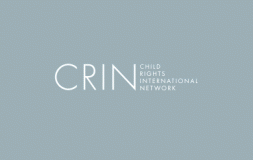Submitted by crinadmin on
SPARC seeks to ensure ongoing, systematic and concerted national and regional action to promote and protect the rights of the child not only in Pakistan but in the whole of
South Asia, using the CRC as a yardstick.About SPARC
SPARC is an independent non-governmental organization registered as a society in Pakistan in December 1992 and has been working exclusively on child related issues since then, drawing inspiration from the United Nations Convention on the Rights of the Child.
SPARC was established to act as an advocacy group for child rights. From its initial focus on protecting breastfeeding against the marketing of baby milks and foods, SPARC expanded its work to include other issues such as child labor, juvenile justice, education and violence against children. SPARC has also from time to time taken up issues that ultimately affect the condition of children in this country, such as corruption, freedom of association and the “myth or reality” of NGOs.
SPARC has been instrumental in introducing the concept of child rights and in raising issues that were previously not part of the national debate. While realizing the importance of maintaining its independence, SPARC has found it useful to engage the government to convince it to keep commitments and bring about legislative changes where necessary.
Our Vision
A world in which children are valued and empowered and their rights promoted and protected
Our Mission
SPARC acts to promote and protect the rights of the child to empower children within the framework of recognized standards through advocacy, research, awareness-raising, outreach activities, human development and institutional capacity buildingp SPARC

